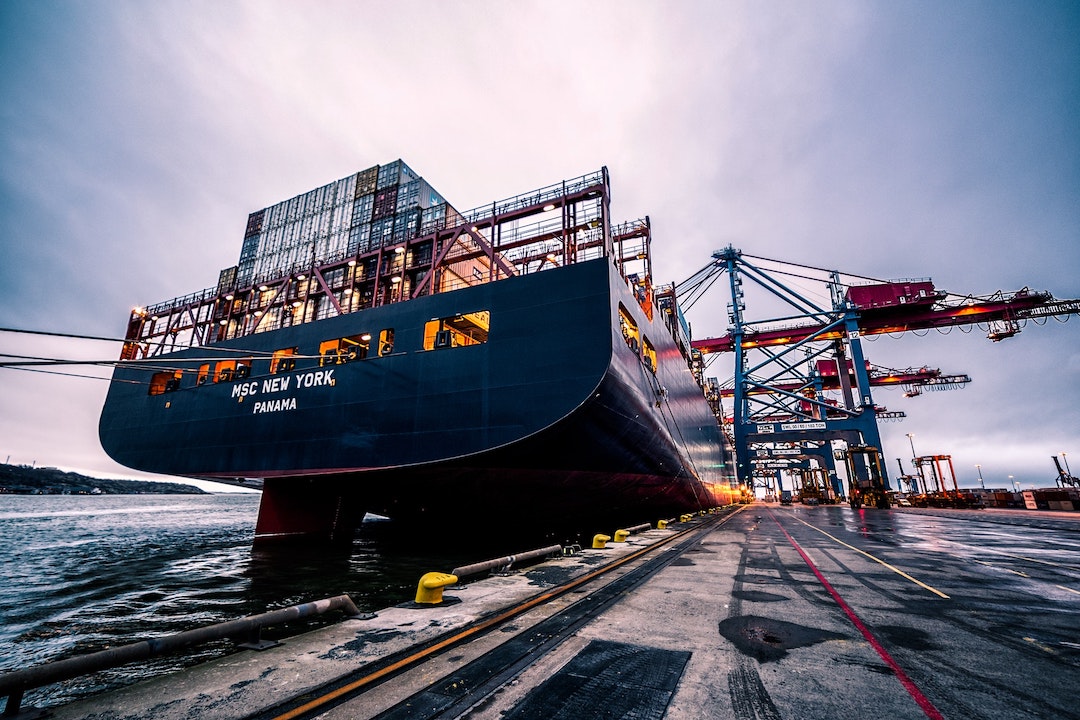One of the core perks of setting up an online store is that there are no geographical restrictions. You can sell your products to people in your neighborhood, or across the globe. This opens a world of opportunities to scale your business by probing international markets. What this also does is get a lot of e-commerce businesses to rush into global expansion at early stages and without any planning, the consequences of which they can not afford. To reap the benefits of selling in multiple countries, you need to assess how your business can fit into certain countries. There are tons of variables that come into play to determine that, ranging from custom regulations to international consumer behavior.
Our latest blog consists of the various hurdles e-commerce businesses face when selling internationally to help you anticipate and tackle them for the smoothest possible expansion into uncharted waters… so keep reading this one!
Timing is key when expanding your business into global markets.
1. Global Consumer Behavior
A lot of products fail to perform in certain countries because they do not play well with how customers behave in those countries. What may be a hit in Western countries could be end up being a disaster in Eastern countries due to different cultures, climate patterns etc. Hence, one of the first things that your business needs to do before expanding is to determine which country, or countries, you would like to expand to, and what products of your inventory will you be selling in those regions. Whether the choice of country drives your product range or the other way around, that would be a crucial internal decision you will need to make in advance as well to avoid any unpleasant surprises in the future.
2. Unreliable Shipping Partners 
Fluctuating rates. Lack of tracking. Multiple companies involved. Vague information regarding customs. These are all major red flags to spot a shipping provider you should NOT be going with to ship internationally. A shipping partner, especially for international orders, should have a bullet-proof plan of action with sophisticated timelines and consistent packages. More importantly, both you and your customer should be able to track 24/7 where exactly your shipment is and what the expected delivery date would be.
3. Custom Regulations
One of the biggest problems global e-commerce stores face are custom regulations. What makes it worse is that they vary country to country, on a frequent basis. You might be able to ship a few items with no hassle and the next week, you will discover that the item has been blacklisted in one of your selling countries. To overcome this, it is recommended to assess the import customs regulation regarding products of a certain nature to anticipate how your inventory will be treated. Secondly, you or a member of your team needs to always ensure that your e-commerce business is always up to date with the latest regulations. Finally, it is a good idea to coordinate with your shipping provider regarding how much they will participate in dealing with customs. Many shipping providers offer door-to-door shipping where they cover customs fees as well which either your online store or the customer is liable for. However, there are providers who only deliver it your orders to customs which can then be collected by the customer. Depending on your business model and the nature of your inventory, you will need to determine the best plan of action for your case. This will allow your expansion to be well-planned with fallback strategies in place to cater for customs.
4. International Returns 
Regardless of where you sell in the world, your customers need to trust you will care about them in case they are not satisfied with their order. Whether the customer receives the wrong order or if they would like to request a refund for another reason, your business needs to be able to cater for it. The problem arises when your business has not anticipated this in advance and are now unsure as to how customers across borders will be dealt with. Gladly, there are several ways e-commerce businesses tend to tackle this issue. Some tend to have a locally based warehouse space where they keep either all their inventory or the fast-moving part of it. This allows them to deal with their international customers in a similar nature to their domestic ones. Obviously, not all businesses can accommodate that due to the expenses involved. In that case, some businesses either amend their product prices or international delivery charges for certain countries which covers the costs of potential returns as well.
Again, the increased costs might be unpleasant for some customers, but it does safeguard you from having to pay for international shipping multiple times. There is also the possibility that your product performs so well internationally that a few return orders put a minor dent in your profits. The best plan of action to determine this would be after a soft launch with a short trial period to assess the level of success your e-commerce achieves in a particular region. The initial investment might be cumbersome but worth it in the long run since your decisions will be backed up with data and experiences from the trial phase.
5. Local Connections
Once you have done your research about a country and found a winning product to probe the market, it is all about operations, operations, and operations. Even though most of it will be taking place where you are based, a fraction of it does need to be carried out in the customer’s destination country as well. This includes parts of your e-commerce store such as customer service, express deliveries (if offered) etc. Customers prefer speaking in their local language and feel more comfortable knowing that there is still a physical location in their locality they can point to in case they have any concerns. Having a few representatives of your online store based in the customer’s country is a very sensible move, since these representatives will have an excellent understanding of how to deal with the local customers and to address their concerns. They can also be useful to run fulfilment processes for express deliveries in case you offer that. You will end up saving a lot more than spending on international calling, paying shipping providers for express international shipping, or the potential loss of sales because customers do not trust you due to lack of a contact person.
In conclusion…
Considering the top factors that play a role in determining the ideal regions for your e-commerce business to expand into, there is a lot more as well that needs to be done. This includes adapting your website to cater for an international audience, which may require you to offer your e-commerce in multiple languages. Your payment provider now needs to cater for international transactions as well, which many do with a premium commission on the value of your orders. This may lead to you rethink the price at which you plan to sell in different parts of the world. Your marketing efforts need to have a global approach as well if you aim to have revenue streams from different countries.
How can we help? 
As an expert fulfilment center in the e-commerce industry with years of experience on our side, we can assist your e-commerce business to expand international in the most comfortable way possible. Our fulfilment and storage services will cater to your orders regardless of where they are placed from. We have even partnered with a list of pre-vetted shipping providers who can be trusted to deliver to your customers all over the world. Our guarantee of 100% error-free fulfilment eliminates the chance of your customers receiving wrong orders, which significantly reduces your costs of operations due to decrease in returns. The best part? We offer all of this at one of the most competitive rates in the market. Our flexible nature will derive a custom-tailored plan for your e-commerce so you can realize your dream of being a globally successful brand.



